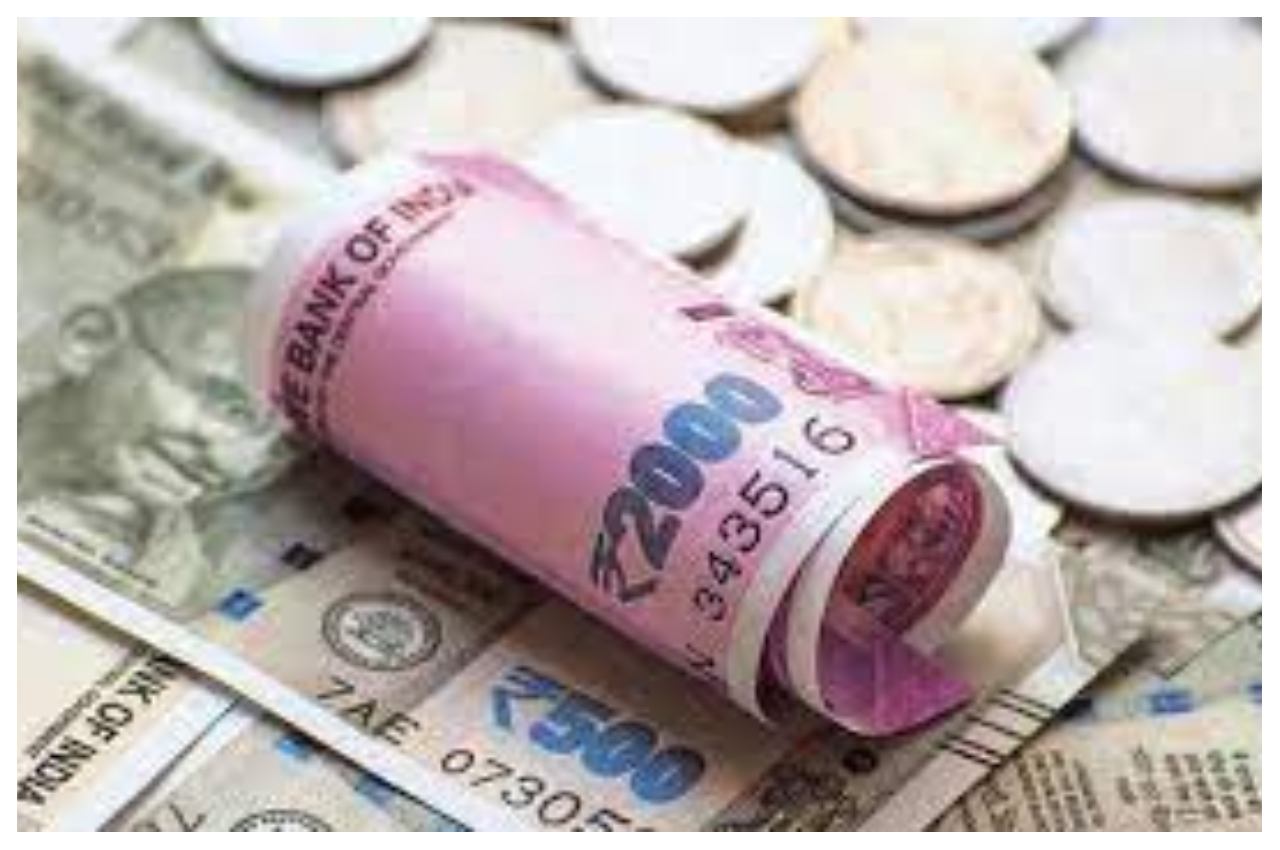Income tax rules for cash transaction: How much money may a person retain in his or her home? What are the income tax rules for cash? What if the income tax authorities find you with a large sum of money? Here are the income tax requirements you must follow in order to file while keeping cash at home.
(Income tax rules for cash transaction) If the income tax department or other authorities seize a large sum of money, you must explain where it came from. You should also have relevant documentation to prove your income. You should also ensure that your income tax returns are complete.
If the income tax department or other authorities catch up with a lot of cash, you will have to tell them about the source of the money.
If you are unable to demonstrate the source of the funds, the Central Board of Direct Taxes has the authority to levy a fine equal to 137 percent of the recovered funds.
Read More :-BUDGET 2023: GOOD NEWS FOR MIDDLE CLASS! MAJOR SHAKE UP IN INCOME TAX SLAB, NEW TAX REGIME TO BE ‘DEFAULT’
Income tax rules for cash transaction: Here are some crucial things to remember when storing cash
- If you make more than Rs 20 lakh in cash in a fiscal year, you may be fined. If you need to deposit or withdraw more than Rs 50,000, you must provide the bank with your PAN details.
- If a person deposits more than Rs 1,20,000, he or she must provide PAN and Aadhaar cards.
- You are not permitted to spend more than Rs 2 lakh in cash. If you buy something worth more than Rs 2 lakh, you must provide your PAN card and Aadhaar card.
- A person who spends more than Rs 1 lakh on credit or debit cards may be subject to income tax scrutiny.
- The law states that you may not accept more than Rs 2 lakh in cash from a friend or relative. If you do, you must use the bank’s channels.
- If you withdraw more than Rs 2 crore in cash from any bank, you must pay TDS.
Read More :- Latest Business News













